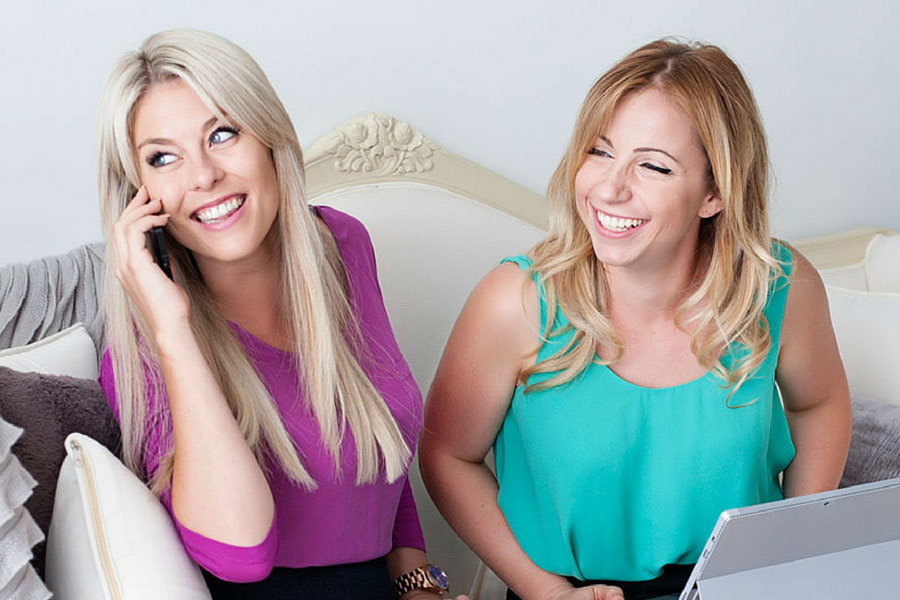Since I entered the tech start-up space, I’ve become increasingly more aware of the impact being a woman has on how business leaders perceive and treat you.
My start-up Vollie has a 50% gender split across its founding members and is run by myself and my business partner Matt, with an even split of work between us both. Whilst Matt is the more outwardly vocal advocate for our online skills-based volunteering platform, I am the one who is head of operations, making sure that every time Matt creates a new opportunity for us it is successfully managed and achieved.
As an agile start-up, we find this approach works for us – Matt is the heart and I am the head. Where he leads with passion, I can balance with logic. It is this approach that has given us the success we have had so far. But for those people who don’t understand the way we work and our equality, they often perceive Matt as the lead and myself as just the support behind the scenes, which frustrates us both.
As the quieter co-founder and the female, it is easy for me to be pushed to the side when my counterpart is already a boisterous, tall and imposing male figure, as people do not always realise the equal roles we play. I was reminded by the age-old proverb, “behind every great man there is a great woman”, which in my perspective couldn’t be further from the truth. The real truth is without me, Vollie wouldn’t be half of what it is and without Matt, Vollie wouldn’t be half of what it is. We stand beside each other as equal co-founders and refuse to let the other be cast in the other’s shadow.
I have discovered this is something that is being experienced by many other women in business. She Will Shine is Melbourne’s first all-female co-working space providing connection and support for female business owners across Australia. I recently spoke to Danielle Price, founder of She Will Shine, to get her opinion on the roadblocks that women in business face in the today’s society.
“Traditionally, women are more comfortable behind the scenes (or in the shadows) and not looking to step into the spotlight. This may be a confidence issue as it’s often a new path with new fears and new experiences that need to be overcome,” she said.
Danielle said that many female founders are now seeking to break away from traditional gender roles and step into the limelight, which takes a level of confidence that many women in business lack.
Sheryl Sandberg (COO of Facebook) once said, “I want every little girl who’s told she’s bossy, to be told instead she has leadership skills.” Danielle agrees with this sentiment, and warns that degradation and dismissal based on preconceived gender roles can undermine the growth of a business due to a lack of self-confidence from a founder.
Jemma Wong, a strategic marketer and the creator of Girls Who Brand, believes it comes down to visibility. “Visibility and endorsement of senior female leaders is key – it’s not only important for clients and customers to see, but for our younger industry talent.”
“You can’t be what you can’t see, and I know from my own experience that women will be more productive and fast-moving towards opportunities if they can see tangible (not token) career pathways ahead of them,” Jemma added.
It is so important for those of us who are female founders and business leaders to get confident with stepping out of the shadows and into the limelight so that we can encourage the next generation of young women leaders.
Someone once told me, “If you walk into a room and someone is missing, you’re in the wrong room”. When I walk into any one of the countless meetings, presentations, workshops, and start-up meet-ups that fill my calendar each week, I’m miffed that even as a Greek-Australian living in Melbourne, I’m often in the minority when it comes to the representation of leaders! While the majority of my daily communications are with wonderful women from Vollie’s non-profit family, meeting a female founder is still a relatively rare experience.
Jemma knows first-hand the benefits that can happen when organisations proactively pursue diversity, “It’s healthy for outcomes and the bottom line! We need diversity of skill, experience and perspective around the table – varying lenses on a problem – to highlight a golden answer.”
“I created Girls Who Brand because I was tired of smart women marketers being overlooked and because I wanted to find ways to break traditional gendered narratives in campaign work.” Wong continues, “I wanted to show young female talent that there are legends and trailblazers all around them, and to get comfortable with putting their work, name and contribution out there into the world!”
Jemma isn’t the only one who’s noticed an imbalance in the scales; research shows that entrepreneurs are “disproportionately white, male and high educated”. When I look around the start-up environment, I’m still longing to see more female founders, more first-generation immigrants, and a lot more first Australians representing their own interests.
Ventures such as BlueChilli’s all female accelerator, female-only co-working spaces such as She Will Shine and One Roof, and the success stories of Melanie Perkins, Canva CEO, and Jodie Fox, Co-Founder of Shoes of Prey that the media do a genuinely awesome job of promoting have undoubtedly tipped the scales closer to an equilibrium.
In the bid to create an equal playing field for all, there is an onus on the people who are currently taking up more than their fair share of the space in the room…
Try these heels for size
Ann Nolan is the co-founder of Snobal, a virtual reality start-up based out of Melbourne’s Inner West that has recently been accepted into HTC’s ViveX global accelerator program and the IBM Global Entrepreneur Program.
While Snobal are at the forefront of building VR tools for business, Ann recounts how she can occasionally encounter assumptions around the allocation of roles between her and her business and life partner, Murray.
“I have had Snobal introduced as ‘Murray’s company’ while I’ve been standing next to him,” Ann explains, “it’s tempting to put your hand up and say “I created this as well!””
And as parents, Ann finds even the most well-meaning of questions about balancing family life and founder life are directed at her, not Murray, illustrating perhaps the implicit bias that parenting responsibility sits with her.
In Ann’s story and the stories of female founders like hers, there is a simple solution at hand. Speaking from personal experience, a male co-founder who is proud to identify himself as a feminist and an advocate for equal rights is an amazing asset to have in your corner.
Every time I am treated less preferentially to Matt by an investor, fellow business owner or employee, I have both the confidence and support of my co-founder to assert my right to be treated as an equal. Hell, more often than not Matty is pushing my opinion over his if we feel that I’m not being seriously taken. It’s an incredibly small thing for him to do, but it’s the helping hands from those above and the leg-ups from those below that make those steep hills that much easier to climb.
Western middle-to-upper-class men have an incredible amount of privilege when it comes to founding a start-up, with the US-based SBA.gov reporting that just 36% of small business owners are women. Also, over 80% of funding for new businesses comes from personal savings and friends and family, which means that if women are being paid an average of 16% less than men, there is simply less money for them to be founding or funding a start-up with!
The power that comes with privilege is used by Vollie to fight for equality both in the work we do and in our interactions within the global business community (including how our founders are treated). As a male founder, simply attempting to walk in the shoes of those in your fellow start-up community who may not enjoy the same privileges as you do is enough to give you an eye-opening perspective (can’t figure out how to do that? Take a leaf out of Martin Schneider and Nicole Hallberg’s gender-swapping experiment at work).
Speak up, man
It takes a village to achieve just about any meaningful change, but if the village can’t see that it needs to change, then we’ve got a problem. It’s basic maths: if 95% of the funded Australian start-up community is male (StartupSmart, 2016), then that same 95% can wield a lot of influence about what changes we need to make.
Danielle from She Will Shine agrees, and says that men have a social responsibility to change their perception and expectations regarding women in the workforce.
“Throughout the She Will Shine community discussions are already being held on these topics, but opening these discussions in male-centric platforms is the only way forward to see change happen across the board. And it’s something that we are currently working towards.”
For those of you out there who don’t speak up for others or promote the representation of people of all types, doing it will make a world of difference to the women you work with, for the women you invest in and for the women who might one day work for you.
Behind every great man there is just a shadow, and beside him is a woman holding the light.
 Tanya Dontas is Co-Founder and COO of Vollie, a platform that connects skilled Australians with non-profit organisations to unlock a new style of skills-based remote volunteering. With a double (Bachelors) degree of Commerce and Chinese, Tanya has over five years marketing and events experience working within start-ups, event companies and in the corporate space. Tanya has a passion for helping others in need and regularly volunteers for charities during her spare time.
Tanya Dontas is Co-Founder and COO of Vollie, a platform that connects skilled Australians with non-profit organisations to unlock a new style of skills-based remote volunteering. With a double (Bachelors) degree of Commerce and Chinese, Tanya has over five years marketing and events experience working within start-ups, event companies and in the corporate space. Tanya has a passion for helping others in need and regularly volunteers for charities during her spare time.
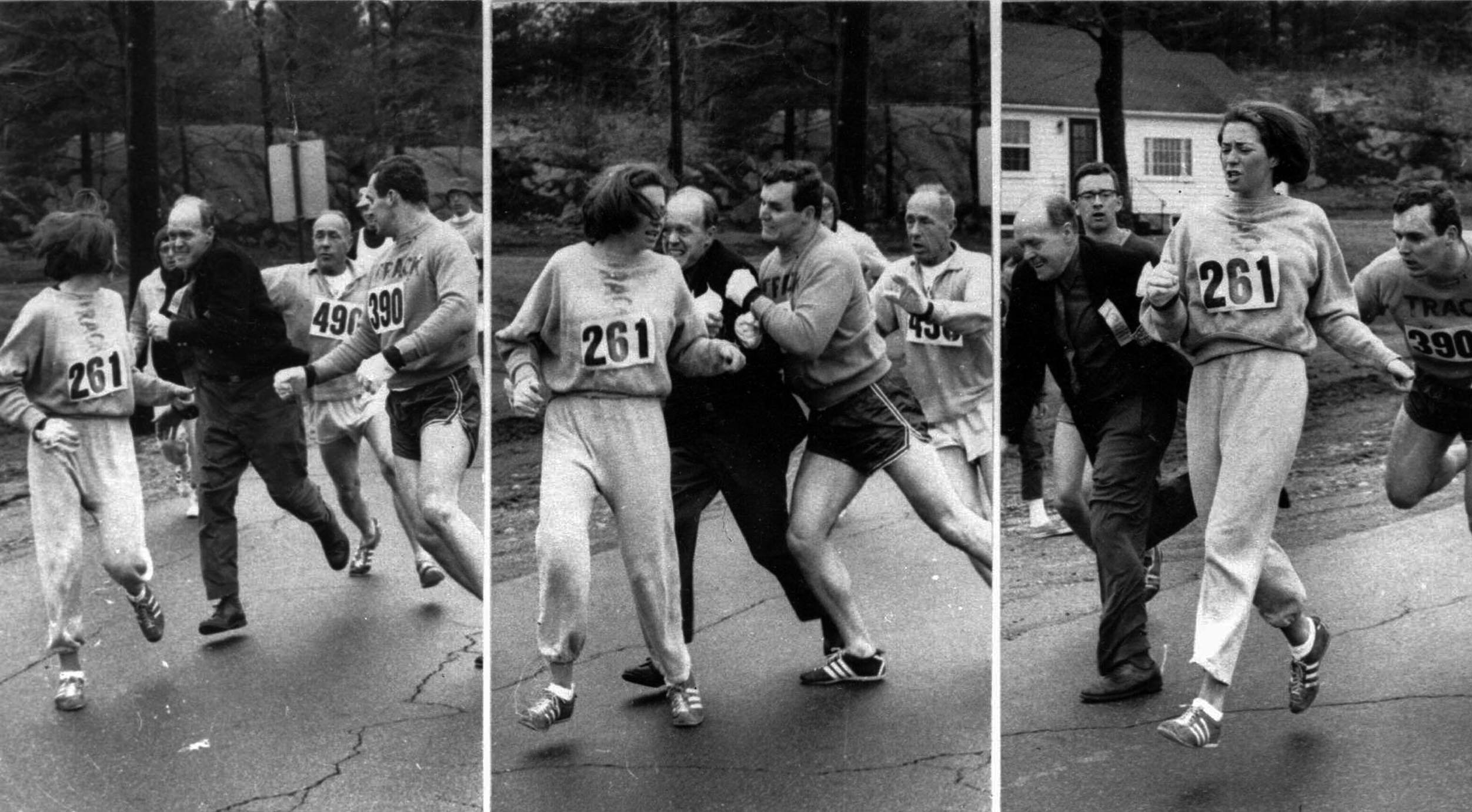

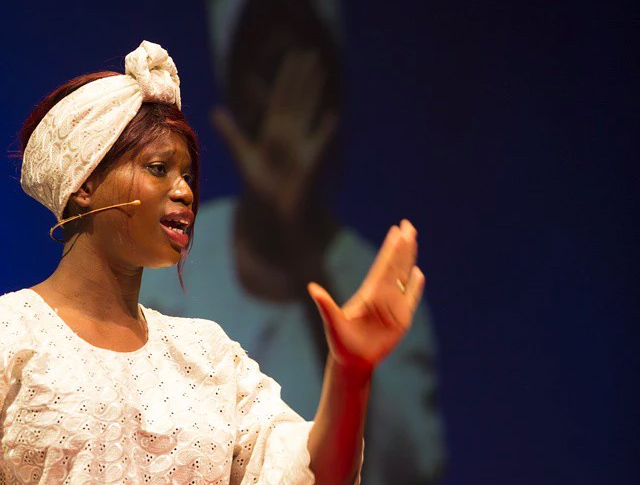
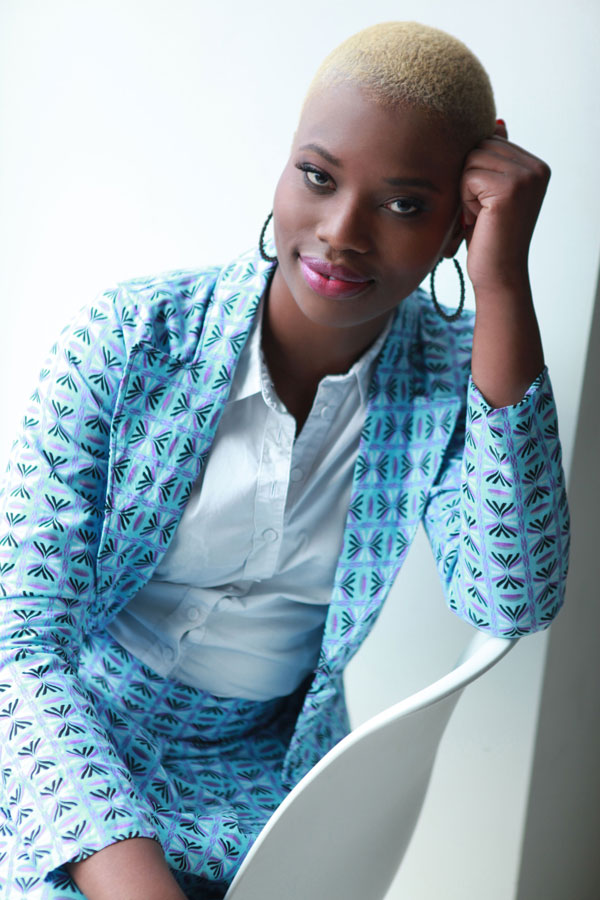 About Khadija Gbla
About Khadija Gbla
 Tanya Dontas is Co-Founder and COO of
Tanya Dontas is Co-Founder and COO of 
 Karen Gately is a leadership and people-management specialist and a founder of Ryan Gately. Karen works with leaders and HR teams to drive business results through the talent and energy of people. She is the author of The People Manager’s Toolkit: A Practical guide to getting the best from people (Wiley) and The Corporate Dojo: Driving extraordinary results through spirited people. For more information visit
Karen Gately is a leadership and people-management specialist and a founder of Ryan Gately. Karen works with leaders and HR teams to drive business results through the talent and energy of people. She is the author of The People Manager’s Toolkit: A Practical guide to getting the best from people (Wiley) and The Corporate Dojo: Driving extraordinary results through spirited people. For more information visit 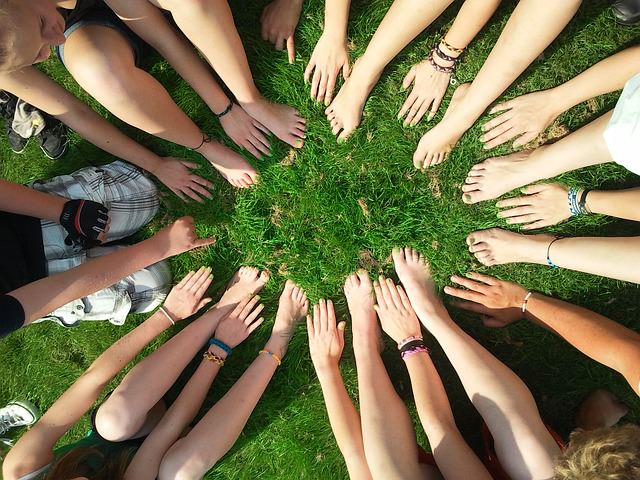
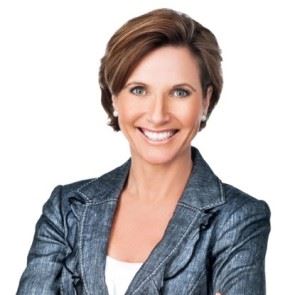 Margie Warrell is a bestselling author, women’s leadership coach and international speaker. Watch her videos at
Margie Warrell is a bestselling author, women’s leadership coach and international speaker. Watch her videos at 